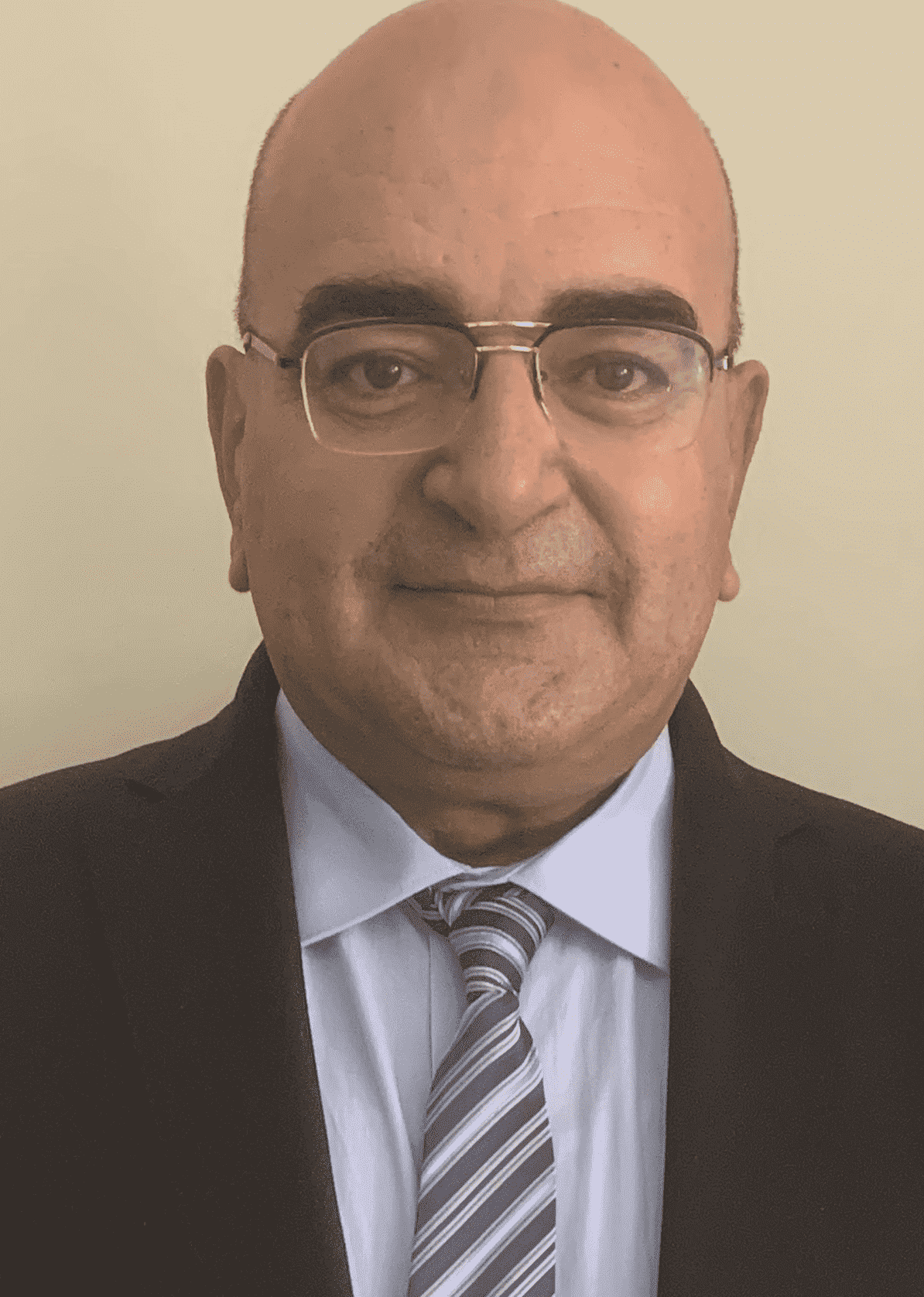The Economic Architecture and Diplomacy of Climate Change in the Gulf: Financing the Transition
This workshop examines the financial systems, policy frameworks, and diplomatic tools required to support the Gulf region’s energy transition. Achieving climate goals requires coordinated, large-scale investment mobilization across public and private sectors. The workshop moves beyond high-level announcements to analyze practical financial mechanisms, market structures, and instruments that can enable the transition. It evaluates the role of ...
Abstract
This workshop examines the financial systems, policy frameworks, and diplomatic tools required to support the Gulf region’s energy transition. Achieving climate goals requires coordinated, large-scale investment mobilization across public and private sectors. The workshop moves beyond high-level announcements to analyze practical financial mechanisms, market structures, and instruments that can enable the transition. It evaluates the role of financial markets and innovative sustainable finance instruments such as green bonds, sustainability-linked loans, and green sukuk. The workshop also explores prospects for establishing regional carbon markets and integrating them with global systems. It further examines investments in green technologies and the strategic roles of NOCs and SWFs in driving climate-aligned investments. To strengthen its position in global climate finance, the Gulf must reconcile continued hydrocarbon revenue generation with long-term sustainability. The workshop also analyzes transition-related risks and emerging economic opportunities.This workshop brings together scholars, regulators, and industry experts to discuss, exchange insights, share recommendations, and develop consensus solutions to accelerate sustainable financing in the Gulf. This collaboration among academics, industry professionals, and regulators will help shape the overall strategy for energy transition and climate goals.
Description and Rationale
Context
The Gulf states stand at a historic crossroads, facing the dual challenge of maximizing value from their hydrocarbon resources while leading ambitious transitions to sustainable economies. Sustainability is not merely an environmental imperative; it is a core economic strategy essential for the long-term diversification and resilience of the Gulf economies. The stakes are particularly high, as these economies remain heavily hydrocarbon-dependent and have only recently begun establishing themselves in renewable energy, clean technology, and climate diplomacy.
Globally, pressure for decarbonization is accelerating, with investors and regulators increasingly scrutinizing carbon exposure. Within the Gulf, the oil market continues to be volatile, making diversification into sustainability and other sectors imperative. Attracting funding for emerging green technologies and sustainable infrastructure is highly competitive, requiring the region to navigate both risks and opportunities with innovative financing approaches.
Political commitment to climate diplomacy is growing, as evidenced by major announcements on renewable energy projects and net-zero targets. Yet the core challenge remains the scale of investment required. Over the coming decades, the region will need to mobilize trillions of dollars for renewable energy and green technologies.








